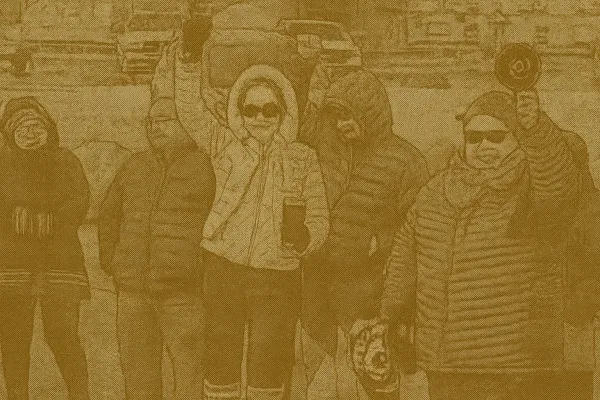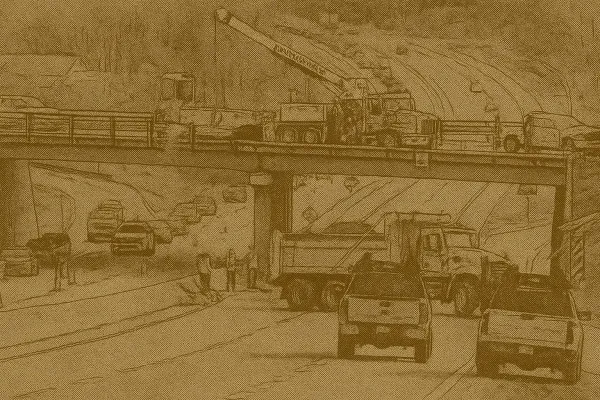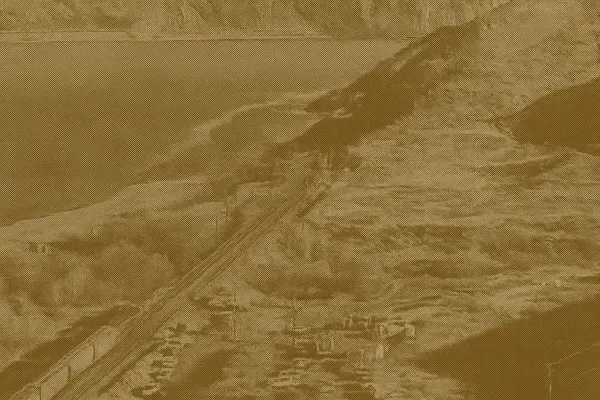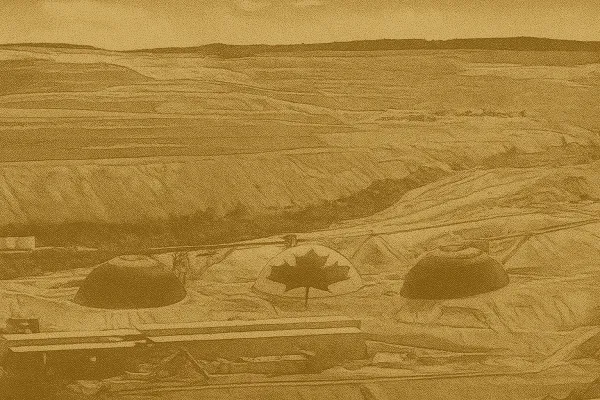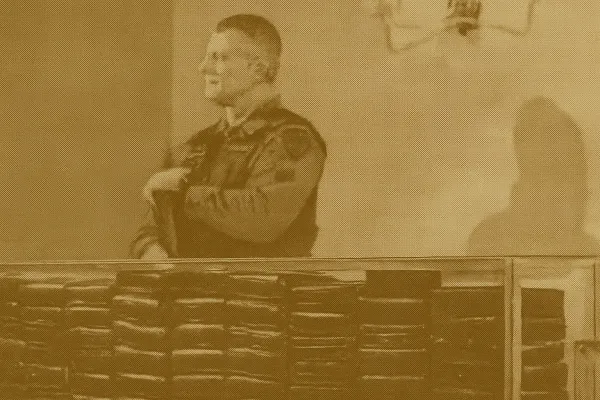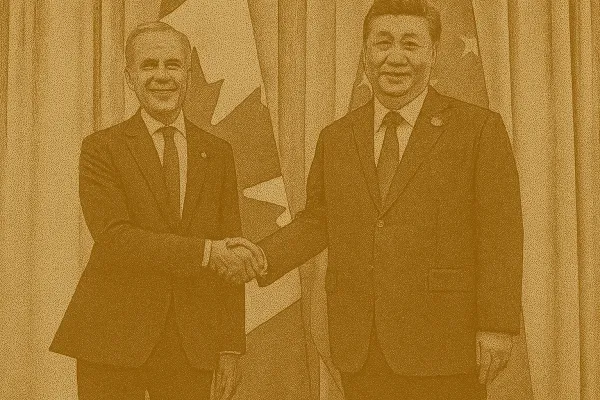Based on coverage from CBC and Nunatsiaq News.
Nunavut Faces Severe Food Insecurity Challenges
As Nunavut voters prepare to cast their ballots, the high cost of food has emerged as a pressing issue. Statistics Canada reports that nearly 60 per cent of Nunavut households experienced food insecurity in 2024, marking the highest rate in the country. In communities like Gjoa Haven, residents such as Kenneth Mamimalik express growing concern over the escalating prices of daily essentials. "They’re getting pretty expensive now," Mamimalik noted, highlighting the need for change to improve quality of life.
In Taloyoak, Fabien Kongelik paints a similar picture, where families increasingly rely on community food sharing through radio and social media to meet their needs. The situation is exacerbated by the sharp increase in food prices, with a report from Toronto Metropolitan University indicating a 22.7 per cent rise in the cost of a grocery basket in the Qikiqtaaluk region between 2022 and 2023. This increase starkly contrasts with the national average of about 12 per cent.
Impact of Federal Program Changes in Nunavut
The discontinuation of the Inuit Child First Initiative (ICFI) food voucher program has further strained families in Nunavut. In Igloolik, the program's end has left a significant gap, according to Carolyn Tapardjuk, a community co-ordinator for the non-profit Qupanuaq. "Since it ended back in March 2025, many families have been struggling," Tapardjuk said, emphasizing the urgent need for alternatives like food hampers or food banks.
In Rankin Inlet, the Ikurraq Food Bank, where Angnaluaaq Friesen volunteers, is witnessing increased demand for essentials such as baby formula and diapers. Friesen encourages community-driven solutions, noting that resources are available for those interested in starting local food banks.
Calls for Action and Federal Government Response
The issue of food security has sparked protests, with advocates like Kathy Okpik urging the federal government to expedite its review of the Nutrition North subsidy program. This program, launched in 2011, aims to make nutritious food more affordable in the North. Okpik argues that subsidies should directly benefit individuals rather than corporations. The sentiment was echoed by protesters in Iqaluit, who called for the decolonization of food security and emphasized that "food security is a human right."
Nunavut Tunngavik Inc. President Jeremy Tunraluk and other Inuit leaders are advocating for Inuit-led initiatives to address food security, urging a shift from federal dependency to local empowerment. As the territorial election approaches, candidates have voiced support for these community-driven efforts, underscoring the need for sustainable solutions to make food more affordable and accessible across Nunavut.
As Nunavut navigates these challenges, the call for lasting solutions is clear. Whether through renewed food voucher programs, community-led food banks, or other local support systems, residents are looking to their leaders for decisive action to tackle food insecurity in the territory.
Support The Canada Report and help keep it ad-free and independent — click here before you shop online . We may receive a small commission if you make a purchase. Your support means a lot — thank you.


